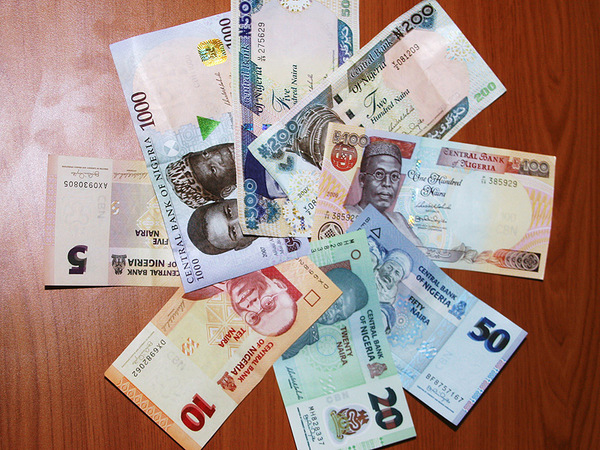Breaking News
The Central Bank Of Nigeria Say Autonomous Sources Now Control The Price Of The Dollars In Banks & BDC

The Central Bank of Nigeria (CBN) says autonomous sources such as exporters and correspondent banks now control the price of dollars in banks and the Bureau de Change (BDC) segment.
The Director, Corporate Communications, Mr Mu’azu Ibrahim, said this in an interview on Friday in Abuja. He said although the price of Naira remained stable at N197 to a dollar and N284.1 to a pound sterling at the interbank market, it was hovering at the parallel market. The Naira changed for N373 to a dollar and N505 to pound sterling on Friday in Abuja.
Ibrahim said customers would also find Forex expensive in the banks or while using their debit cards abroad because the Forex got by banks from the CBN was not sufficient for all transactions. He explained that for this reason, banks reserved the Forex they got for developmental transactions, especially to manufacturers looking to import necessary materials to aid the real sectors of the economy.
Ibrahim said although the CBN had not put a ban on accessing Forex for school fees or medicals, it was not a priority so banks might use their discretion to allocate or not to allocate Forex for such. “They should be able to use their discretion, looking at their capacity to source from the interbank and the other autonomous sources. “However, people may expect to hear about the rates; people need to understand that if banks source for Forex from the interbank, the rates at which they will sell to customers will be guided by the interbank rates.
“But if they source it from the autonomous sources, the rate they will sell that specific portion will be guided by the rates at which they buy from these autonomous sources. “ CBN has not given any directive to banks to stop selling Forex for school fees and medicals, and I can confirm to you that the CBN sells through the interbank what the banks are allowed to finance. “There is no ban; there is no restrictions, but priorities will be given to demand for raw materials, plants and machinery,’’ he said.
On the issue of hike in food prices since the CBN excluded importers of 41 items including rice, processed meat, vegetables, toothpick, among others, from sourcing Forex, Ibrahim said it was only temporary.
“By not importing those items we are saving the Forex demand on the market and the reserve and, at the same time, boosting local production. “The ban of these products, particularly agriculture products have begun to have positive effects on the economy.
“I was in Ibadan last week and was encouraged by a producer that rose from Cassava farming to processing and that farmer is now producing industrial starch which is in high demand.
“Some companies, large corporations that were importing industrial starch are now sourcing from that company in Ibadan. “I was happy when the producer said that last year, they were able to record nine billion dollars in exports; this is encouraging.
“There are many like that and once we give them time, the market will improve. “So my advice to Nigerians is to think Nigeria, act Nigeria and buy Nigeria; let us patronise made in Nigeria goods,’’ he said.






